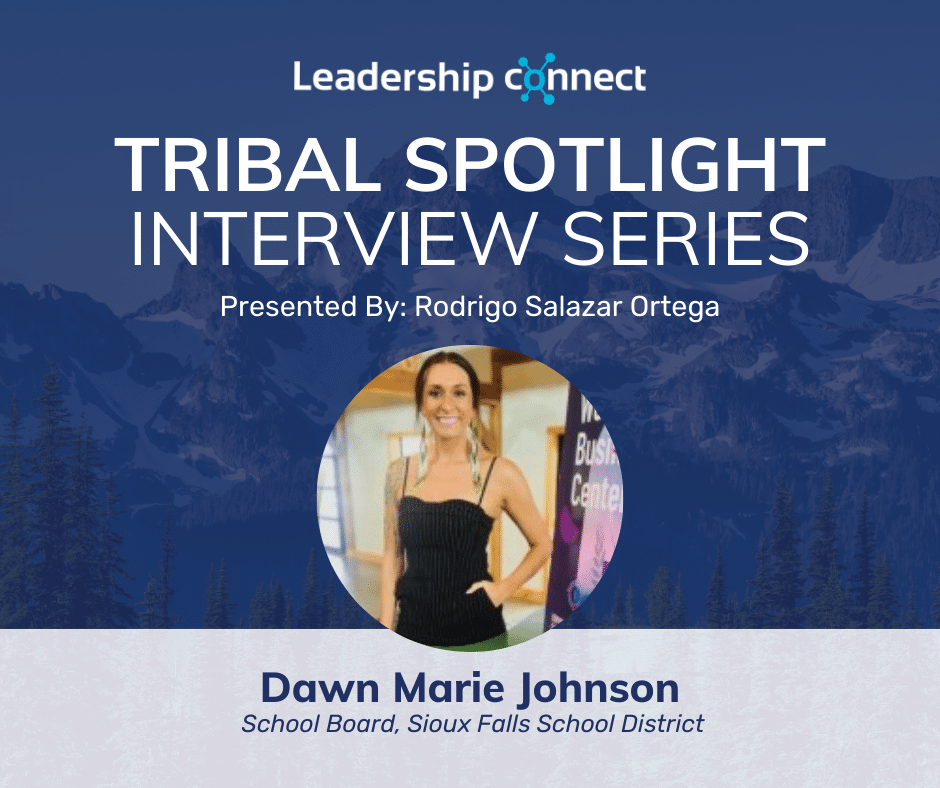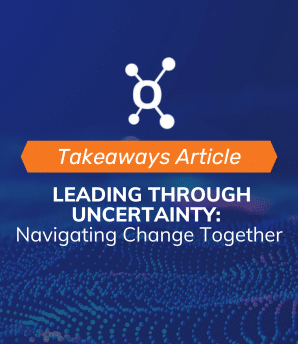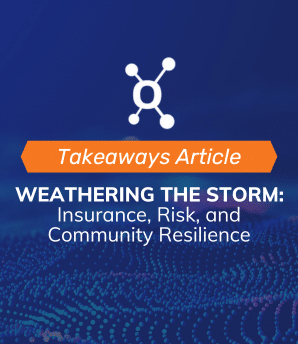Dawn Marie Johnson serves as a School Board Member at the Sioux Falls School District. Her career journey is marked by a deep commitment to cultural preservation, community advocacy, and leadership in both non-profit and for-profit sectors.
Takeaways:
- In Tribal government relations, trust-building is a slow but essential process. Understanding the history of mistrust is key to making meaningful progress.
- Integrating cultural practices into modern educational settings to foster trust and engagement is crucial.
- There is a need for more community-led initiatives looking to support Native students and their opportunities.

Can you tell me about your career path that has led you to where you are now?
From an early age, I was immersed in my community because of where I grew up. My hometown had only 450 people, so being involved wasn’t really a choice—it was just a part of life. I was in the Girl Scouts, and my mom was very active in the local school. We worked with senior citizens, Tribal entities, did highway cleanups, built a new library—all kinds of things. Growing up on the reservation, I had a deep respect for the community, even though I didn’t realize the extent of our situation until I left for higher education. I’m a first-generation college student, and I remember walking with my dad at the University of South Dakota when I was 16. That experience helped me feel comfortable with the idea of leaving my community.
I got my undergraduate degree in social work with a minor in coaching, both of which are rooted in building community and supporting others. I worked at Boys Town, where I saw firsthand the impact of failing systems on kids, many of whom reminded me of my background. After that, I started working in education at a Tribal school for K-6, beginning as a community education coordinator, and then moving up to a state liaison role for leadership and culture. Unfortunately, a lot of funding for DE&I and leadership roles was cut, but during that time, I also ran for the school board. I’m proud to say I became the first woman of color to serve on our school board, and in my second term, I was elected Vice President.
In the middle of all this, I also earned my master’s degree during the pandemic. My focus has always been on supporting our Native students, addressing chronic absenteeism, and raising graduation rates, especially for marginalized groups like Native Americans, Hispanics, and the unhoused population.
How did you become passionate about the intersection of tech, government, and tribal communities, and how do you stay informed and engaged in those areas?
My passion is deeply rooted in my family and our shared experiences. Growing up, I witnessed firsthand the product of failed systems. My grandma and sisters were put into boarding schools, and that mistrust of government entities in educational spaces is something I’ve carried with me. In many Tribal communities, families do not trust schools, and that leads to issues like chronic absenteeism.
What I’ve seen is that the people who suffered through those systems are still alive, and now their children and grandchildren are in school. They’re dealing with the same lack of trust, and it hasn’t been rebuilt. Understanding how to revitalize Tribal culture within these educational settings is key to moving forward. I’m passionate about lifting people up and getting them the resources they need to succeed, especially in the face of historical and ongoing trauma.
What do you believe sets Tribal Government Relations apart as a unique work environment, and how do you navigate its challenges in your everyday work?
Inherent mistrust between Tribal governments and the U.S. government is a big factor. Trust-building is crucial, and it feels like you’re always 10 years behind in the process because of the history involved. Everything moves at a slower pace, but it’s fair given the deep-rooted issues.
Trust-building isn’t just about one conversation. It’s about having multiple quality conversations over time. In my role, it’s important to have patience and understand that mistrust stems from real, painful experiences. Whether it’s the federal, state, or local level, this trust-building process is slow, but necessary for making meaningful progress.
Describe a challenging or rewarding project that significantly influenced your growth as a professional. How did you handle the challenge, and what did you learn from the experience?
One of the most rewarding projects I undertook was during the COVID-19 pandemic when I was part of the emergency management team. We were tasked with building comprehensive COVID response plans for Tribal Nations, which required collaborating with businesses, government agencies, and Tribal leaders. The challenge was immense because many Tribes were highly impacted by natural disasters and lacked a unified voice.
To handle this, I focused on fostering open communication and trust among all parties involved. I organized virtual meetings to include more Tribal voices and ensured that each Tribe had a representative to speak to their needs. This experience taught me the importance of resilience, adaptability, and the power of collaborative efforts in crisis management. It also reinforced the significance of having a strong support network and being proactive in seeking solutions.
What advice would you give to someone navigating how to bridge the gap between traditional practices and modern governance structures?
For Native individuals, it’s about taking ownership and giving back to your community. You don’t just jump in—you must understand the history and why things are the way they are. If you’re not Native, you need to realize that you’re never going to fully understand the whole picture. That doesn’t mean you can’t be part of the solution, but you must come in with the right mindset: ready to learn, listen, and not assume you know everything.
It’s also crucial to educate yourself in real history, which is something that many people don’t take the time to do. If you want to be involved with any Tribal entity, you need that deep understanding and respect for the community you’re working with. At the end of the day, being a good person and showing that you can be trusted is what will make the difference.
Word Association, what is the first word that comes to mind for each of there?
- Policy – Advocacy
- Networking – Relationships
- Communications – Openness
- Leadership Connect – Development






